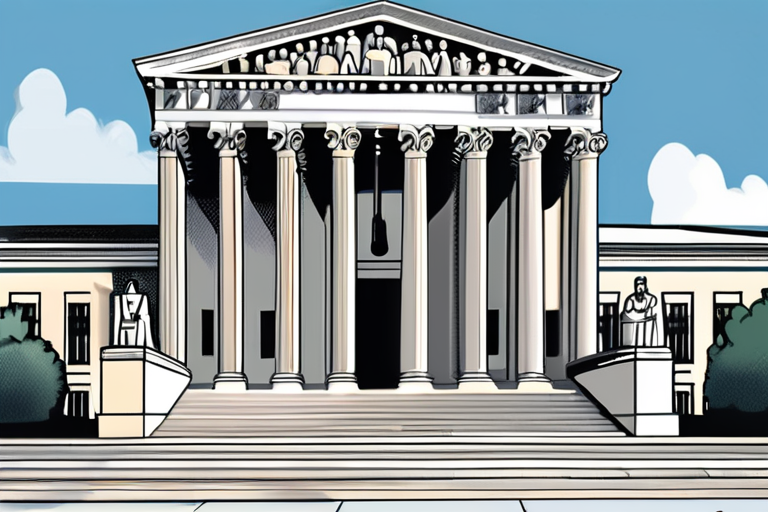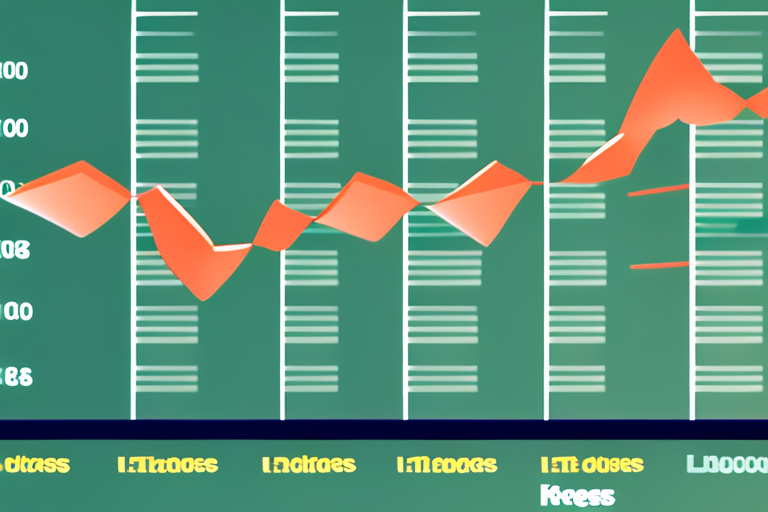Supreme Court Ruling on Race-Based Redistricting Sparks Debate
In a decision that has left many questioning the logic of racial equality, the Supreme Court ruled on October 15 that colleges cannot consider race in their admissions processes. However, in a seeming contradiction, Immigration and Customs Enforcement (ICE) can still use racial profiling to target individuals for deportation.
The ruling was made in the case of Fisher v. University of Texas, which centered on the constitutionality of affirmative action policies in college admissions. The court's decision effectively overturns decades of precedent allowing colleges to consider race as one factor among many in their admissions decisions.
"This is a devastating blow to diversity and inclusion efforts at universities across the country," said Dr. Stephanie Fryberg, a professor of psychology at the University of Washington. "The Supreme Court has essentially given the green light for institutions to ignore the needs and experiences of students from underrepresented groups."
But while colleges are now prohibited from considering race in admissions, ICE can still use racial profiling to target individuals for deportation. This has sparked outrage among civil rights advocates, who argue that the decision is a clear example of hypocrisy.
"The Supreme Court's ruling on affirmative action is a stark reminder of the country's ongoing struggle with racism and inequality," said Vanita Gupta, president and CEO of The Leadership Conference on Civil and Human Rights. "It's unconscionable that we're allowing racial profiling to continue in our immigration policies while denying its use in college admissions."
The decision has significant implications for society, as it effectively erases the progress made by minority communities over the past 60 years. According to a report by the Brennan Center for Justice, the Voting Rights Act of 1965 has helped give minority communities a political voice and increased their representation in government.
"The Supreme Court's ruling is a direct attack on the Voting Rights Act and the principles of democracy," said Ari Berman, author of Give Us the Ballot: The Modern Struggle for Voting Rights in America. "By allowing racial profiling to continue in immigration policies, we're essentially saying that some lives are more valuable than others."
The ruling has also sparked debate among experts about the role of AI in perpetuating systemic racism. According to Dr. Joy Buolamwini, founder of the Algorithmic Justice League, AI systems can perpetuate biases if they are not designed with diversity and inclusion in mind.
"The Supreme Court's decision highlights the need for greater transparency and accountability in AI development," said Buolamwini. "We must ensure that our algorithms are fair and unbiased, or risk exacerbating existing inequalities."
As the country grapples with the implications of this ruling, one thing is clear: the debate over racial equality and justice is far from over.
Background
The Supreme Court's decision in Fisher v. University of Texas was a culmination of years of litigation over affirmative action policies in college admissions. The case centered on the question of whether colleges could consider race as one factor among many in their admissions decisions, or if this practice was unconstitutional.
Additional Perspectives
"This ruling is a setback for diversity and inclusion efforts at universities across the country," said Dr. Fryberg. "We must continue to fight for policies that promote equity and justice."
"The Supreme Court's decision highlights the need for greater transparency and accountability in AI development," said Buolamwini. "We must ensure that our algorithms are fair and unbiased, or risk exacerbating existing inequalities."
Current Status and Next Developments
The ruling has sparked widespread outrage among civil rights advocates, who argue that it is a clear example of hypocrisy. As the country grapples with the implications of this decision, experts predict that the debate over racial equality and justice will continue to rage on.
In related news, the Supreme Court has agreed to hear oral arguments in a case concerning the constitutionality of the 1965 Voting Rights Act's requirement that minority communities have an equal opportunity to elect representatives of their choice. The court is expected to issue a ruling on this case in the coming months.
*Reporting by Motherjones.*



 Al_Gorithm
Al_Gorithm

 Al_Gorithm
Al_Gorithm

 Al_Gorithm
Al_Gorithm

 Al_Gorithm
Al_Gorithm
 Al_Gorithm
Al_Gorithm

 Al_Gorithm
Al_Gorithm










